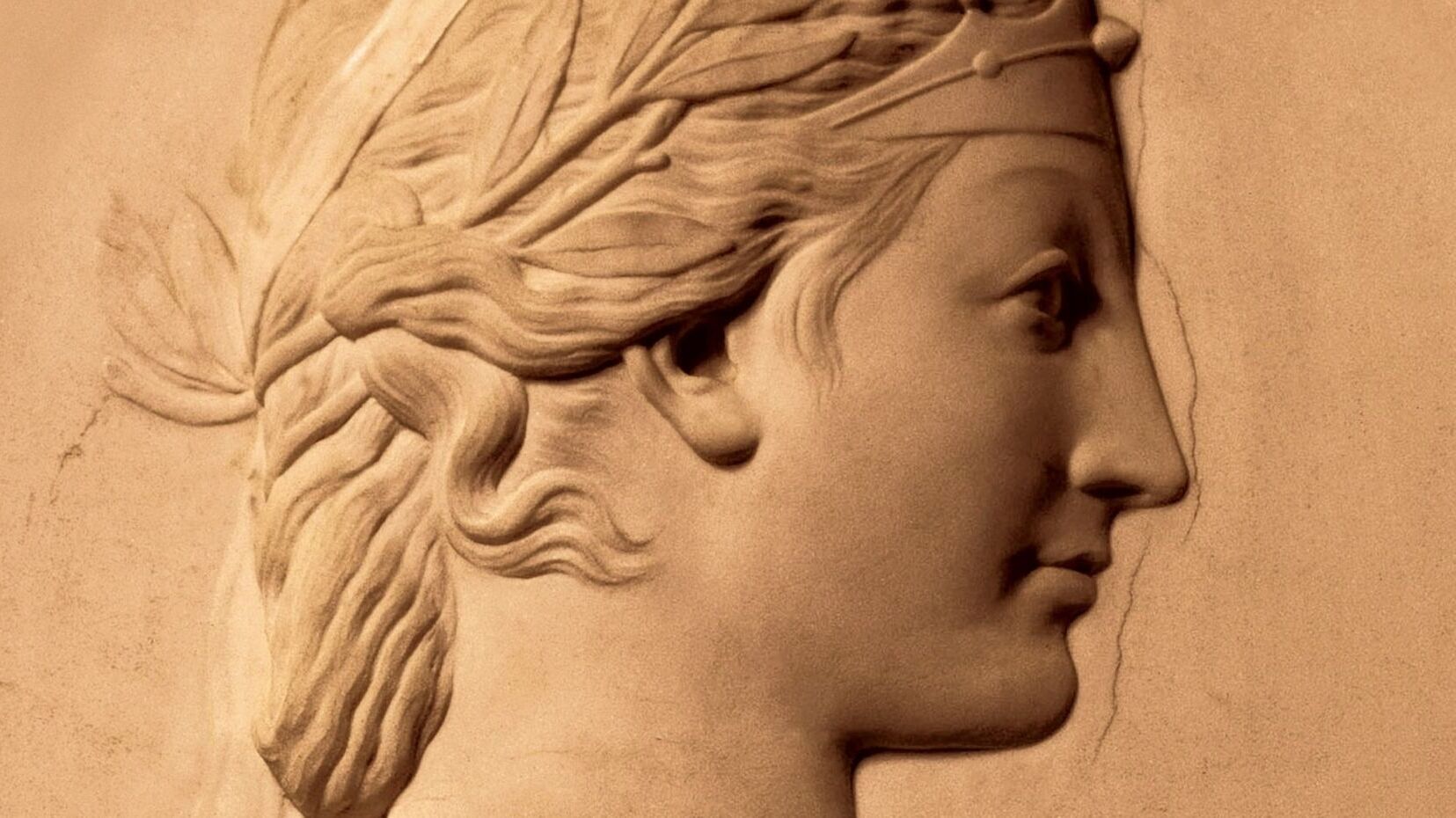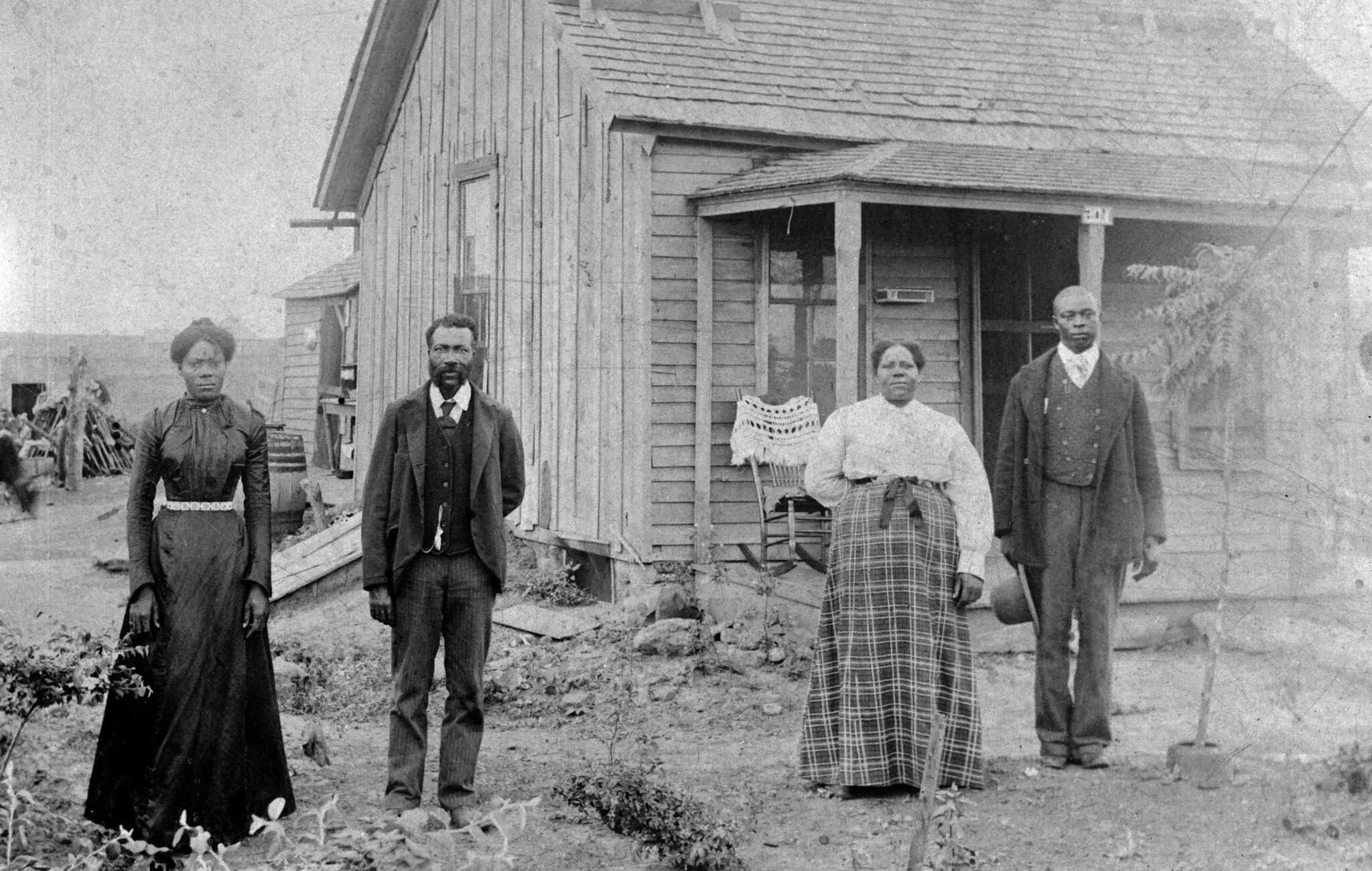
Queen Olympias was a powerful and influential figure in ancient history. As the mother of Alexander the Great, she played a crucial role in his rise to power. Born around 375 BC, she was the daughter of King Neoptolemus I of Epirus. Her marriage to King Philip II of Macedon was both a political alliance and a tumultuous relationship. Known for her intelligence, ambition, and sometimes ruthless tactics, Olympias navigated the treacherous waters of Macedonian politics with skill. She was deeply involved in religious and mystical practices, often associated with the cult of Dionysus. Her life was marked by intrigue, power struggles, and a fierce dedication to her son's legacy. Queen Olympias remains a fascinating character whose story continues to captivate historians and enthusiasts alike.
Key Takeaways:
- Queen Olympias, mother of Alexander the Great, was a powerful and influential figure in ancient history. She played a crucial role in shaping her son's destiny and continued to wield power even after his death.
- Olympias was known for her beauty, intelligence, and strong will. She supported her son, Alexander the Great, in his quest for the throne and influenced the cultural and religious landscape of her time.
Queen Olympias: A Powerful Figure in Ancient History
Queen Olympias, mother of Alexander the Great, was a formidable and influential figure in ancient history. Her life was filled with intrigue, power struggles, and remarkable achievements. Here are some fascinating facts about her.
-
Olympias was born around 375 BC in Epirus, a region in northwestern Greece.
-
Her original name was Polyxena, but she later changed it to Olympias after her husband, Philip II of Macedon, won at the Olympic Games.
-
She was a member of the Aeacidae, a royal family claiming descent from the hero Achilles.
-
Olympias married Philip II of Macedon in 357 BC, becoming his fourth wife.
-
She was known for her beauty, intelligence, and strong will.
Olympias and Her Role in Macedonian Politics
Olympias played a significant role in the political landscape of Macedon. Her influence extended beyond her marriage to Philip II.
-
She was deeply involved in the religious and political affairs of Macedon.
-
Olympias was a devout follower of the cult of Dionysus, the god of wine and ecstasy.
-
She was known to participate in Bacchic rites, which were often wild and frenzied.
-
Olympias was a key player in the power struggles following Philip II's assassination in 336 BC.
-
She supported her son, Alexander the Great, in his quest for the throne.
Olympias as a Mother
Olympias' relationship with her son, Alexander the Great, was complex and influential. She played a crucial role in shaping his destiny.
-
She instilled in Alexander a sense of divine mission, telling him he was the son of Zeus.
-
Olympias ensured Alexander received the best education, hiring Aristotle as his tutor.
-
She maintained a close correspondence with Alexander during his campaigns.
-
Olympias often advised Alexander on political and military matters.
-
She fiercely protected Alexander's interests, even after his death.
Olympias' Later Life and Legacy
After Alexander's death, Olympias continued to wield power and influence. Her later years were marked by conflict and tragedy.
-
Olympias supported her grandson, Alexander IV, as the rightful heir to the throne.
-
She faced opposition from other Macedonian nobles and generals.
-
Olympias was involved in a brutal power struggle with Cassander, a former general of Alexander.
-
In 317 BC, Olympias ordered the execution of Philip III Arrhidaeus and his wife, Eurydice.
-
Cassander eventually captured Olympias and sentenced her to death in 316 BC.
Olympias' Influence on Culture and Religion
Olympias' impact extended beyond politics. She influenced the cultural and religious landscape of her time.
-
She promoted the worship of Dionysus and other deities associated with mystery religions.
-
Olympias was believed to have mystical powers and was often associated with magic.
-
Her devotion to the gods influenced Alexander's own religious beliefs and practices.
-
Olympias' legacy lived on through the stories and legends that surrounded her life.
-
She was often depicted as a powerful and enigmatic figure in ancient literature.
Olympias in Modern Media
Olympias' life has inspired numerous portrayals in modern media, reflecting her enduring legacy.
-
She has been featured in various historical novels and films.
-
Olympias was portrayed by Angelina Jolie in the 2004 film "Alexander."
-
Her character has appeared in several television series about Alexander the Great.
-
Olympias' story has been the subject of numerous academic studies and biographies.
-
She remains a popular figure in discussions about ancient history and powerful women.
Lesser-Known Facts About Olympias
Beyond her well-known achievements, Olympias' life was filled with lesser-known but equally fascinating details.
-
She was known to keep snakes as pets, which added to her mystical reputation.
-
Olympias was rumored to have had a hand in Philip II's assassination, though this remains unproven.
-
She was a skilled diplomat and negotiator, often using her charm and intelligence to achieve her goals.
-
Olympias was known for her fierce loyalty to her family and allies.
-
She was a patron of the arts and supported various cultural endeavors.
-
Olympias' life and actions have been the subject of much debate and interpretation among historians.
-
Her legacy continues to inspire and captivate people around the world.
Final Glimpse at Queen Olympias
Queen Olympias, mother of Alexander the Great, remains a fascinating figure. Her life, filled with power struggles, religious fervor, and maternal devotion, paints a vivid picture of ancient Macedonia. Known for her fierce loyalty to her son, she played a significant role in his rise to power. Her influence extended beyond her lifetime, shaping the course of history.
Olympias' story, marked by ambition and resilience, offers a glimpse into the complexities of royal life. Her actions, often controversial, highlight the challenges faced by women in positions of power. Despite the passage of time, her legacy endures, inspiring countless tales and historical analyses.
Understanding Olympias' life provides valuable insights into the ancient world. Her story, rich with intrigue and drama, continues to captivate historians and enthusiasts alike. Queen Olympias remains a testament to the enduring power of a determined and influential woman.
Frequently Asked Questions
Was this page helpful?
Our commitment to delivering trustworthy and engaging content is at the heart of what we do. Each fact on our site is contributed by real users like you, bringing a wealth of diverse insights and information. To ensure the highest standards of accuracy and reliability, our dedicated editors meticulously review each submission. This process guarantees that the facts we share are not only fascinating but also credible. Trust in our commitment to quality and authenticity as you explore and learn with us.


